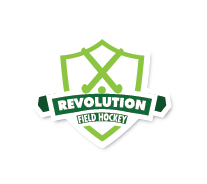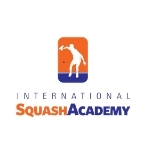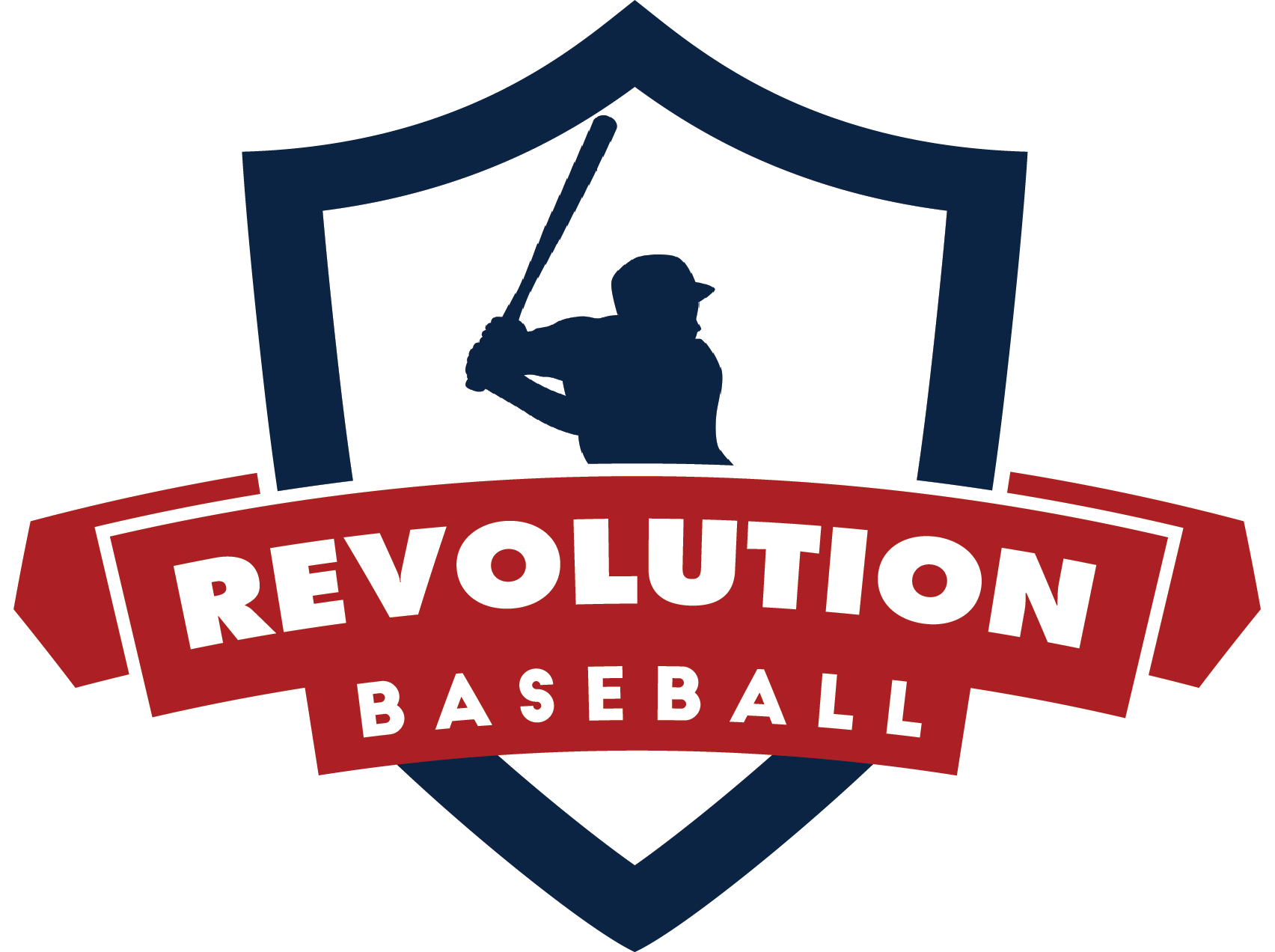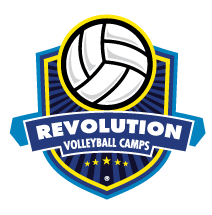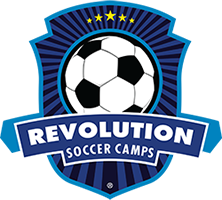For sports that have goalies/goalkeepers like field hockey does, it may be easy for someone not familiar with the sport to think that this is the position to stick a player who may not be as athletic as the rest of their teammates.
If you do think that or know someone that does, we’re here to tell you that it couldn’t be further from the truth. In fact, there’s an argument to be had for goalkeeper being the most crucial position in field hockey because, well, they’re literally the last line of defense before the ball crosses the line and secures a point for the opposing team.
At our Maryland Field Hockey Camps, our camp directors and coaches make sure to have both a field player curriculum and a goalie training curriculum because these two positions are so different from one another. Each day begins with individual goalie training and advance to live play and shots. Stations, drills, and small games will help teach the following skills: clearing and accuracy, angles, diving and tacking, communication, recovery, footwork, strokes, agility, glove and pad work, and kicking, jabbing, crossovers, and lunge.
We do our best at Revolution to give field hockey goalies as much specialized instruction as possible so they can take that information home and continue to improve on the field. If this upcoming summer is going to be your first Revolution Field Hockey Camp, then what exactly can you do to start getting better right now? Here are a handful of tips to keep in mind each time you strap on those goalie pads and hit the field.
Keep Your Hands in a Good Position
Having your hands too high in a set position will make it next to impossible to successfully move and block low shots, while the opposite is true for higher shots. Everyone’s comfort level is a little bit different with this, so it’s important to try out a few different positions and see what makes the most sense for you.
If you still can’t figure out what’s both effective and comfortable for you, try putting your hands right outside of your torso and slightly below shoulder level. This gives you the best of both words – the ability to react to both high and low shots, along with the opportunity to get full extension on a dive if needed.
Take a Breath and Watch the Ball
As an opposing striker is bearing down on you with an open shot on goal where you’re standing, it’s completely normal to think about tensing up as the momentum and pressure builds. Nothing good comes from that, though, and you’ll also immediately start to think too much instead of depending on your pure instincts to react once a ball is hit in your direction.
Having a Positive Mindset
There’s a very small margin of error for goalies, and since we’re all human, it’s very easy for you to make a mistake, even if you’re doing everything “right”. However, it’s important to remember that you can’t change the past – you can only change the future. There may be plenty of times where you’re standing around just thinking about things and giving yourself the opportunity to get in your own head with negative thoughts. Try not to let it happen by being positive and staying engaged with the game.
